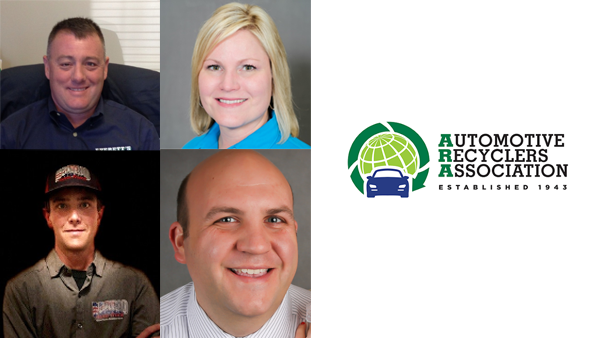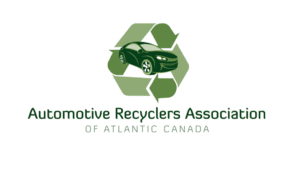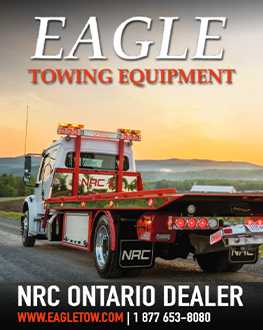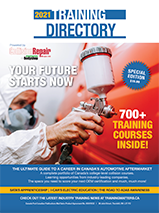“You should be able to draw a line under what is on your agenda for the day, and what you hope to achieve in this quarter. If you can’t there’s a problem.”
Statton also highlighted the importance of letting go of some responsibilities as businesses grow.
“You have to let go of things that you have clenched onto before.”
Asked what the number one key to success for a business looking to scale up, Stratton responded by discussing the importance of self-belief.
“If you don’t believe, you’ll never get it done. The importance of a coach comes from showing you what is really possible.”
Stratton also explained that growth required a significant amount of team communication.
“You want to have a clear vision for the business that should be clear. Everyone should know the plans for the next three years. That will make it easier to set goals.”
In a roundtable discussion called Surviving 2020, four industry experts–Greg Daurio of Daurio Auto Parts, Tom Andrade of Everett’s Auto Parts, Shan McMillon of Cocoa Auto Salvage, and Ryan Falco of Midway Auto Parts, discussed the unforeseen challenges of 2020.
Host Scott Robertson of Robertson’s Auto Salvage, who is also the president of the ARA, led the discussion, which covered everything from COVID-19 impact on auto recycling to the crisis management techniques utilized by recyclers during the darkest days of the pandemic.
In summing up the challenges facing the industry, Andrade highlighted the unpredictability of certain price indexes.
“Flow stayed okay in the beginning, but that dipped. On top of that, there was the crazy catalytic pricing — but that also dipped.”
One recurring theme was that for as much as 2020 had been difficult for recyclers, it had brought some benefits as well.
“One of the biggest things is to keep your foot on the accelerator. We built a new bathroom for the customers. We invested in a new shear. We broke ground on a new building. Moving forward is really the only thing you can do. We’re holding more scrap than ever before,” said Andrade.
McMillon pointed out that, while salvage costs had risen, and her business had to cut off overtime for employees, 2020 had also brought some benefits to the business.
“We found that, even though everything was being done in less time, we were getting a lot more done. It turns out we had been very inefficient for a long time.”
Daurio agreed with McMillon’s point, saying “We had the opportunity to fine-tune some of the ways we were doing things, like reorganizing the yard. We also found the team wanted to get everything done.”
Falco highlighted the importance of keeping the team invested in the business during times of extreme stress.
“One thing we probably overlooked is mental health. That aspect of the pandemic worries me as a father and a business owner,” said Falco. “Communication within your company, and within the industry is important. Engage your employees and figure out how to make your yard better.”
McMillon agreed with Falco’s perspective.
“You have to make your employees comfortable, and that takes communication. It is time for governments to recognize our value. We have to have a voice as recyclers. We have to represent the industry and get it a seat on the table.”
While generally upbeat, one panellist did point out that the auto recycling sector may not yet be out of the woods.
“Unless the vaccine can come quickly, we’re not done with this. My fear is the supply chain will be hit.”
The second day of the three-day event also featured several presentations on new ways to use existing technologies to overcome challenges facing the auto recycling sector.
Car-Part’s Jeff Wissman’s presentation on the Car-Part Interchange Plus eco system served as a tutorial for using the technology to capitalize on sales and inventory opportunities available to recyclers using Checkmate, PowerLink2 and Pinnacle, as well as buying opportunities for recyclers using Checkmate.
Hollander’s Powering the Auto Recycling Industry with Interchange, presented by Brandon Mullins, reviewed how the software provider had made changes to Interchange. Mullins also explained how Hollander’s recent data center move could provide long-term advantages for the auto recycling industry.























